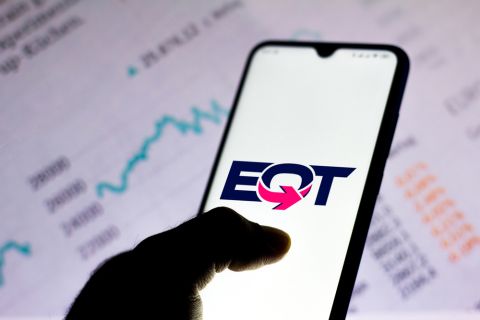Raise your hand if you get too much promotional e-mail that’s not relevant to your job.
(Now put down your hand. You look foolish.)
I, too, get way too much e-mail – this, in fact, is why I resisted getting a BlackBerry for many years. Now that I have one, my fears are realized. The thing buzzes constantly. Luckily the need to stay connected offsets this annoyance.
I got to thinking about the relevance of e-mails when a new report came my way. Titled “Why relevance drives response and relationships,” the report is geared toward companies that market to consumers. But I think it’s equally applicable to companies that market to oil and gas employees or, for that matter, magazine editors.
Here’s my predicament: I basically get three types of e-mails. The first type is stuff I really need – responses to requests for article submissions, answers to questions, missives from my boss, etc. The second type is borderline spam. While we have a good spam filter in place, somehow over the years I’ve been “discovered” by companies like Rodale Books, which sends me an e-mail at least once a week asking if my thyroid is making me fat (“probably” is my response as I delete the e-mail), or a company whose catalog I may have used in the past telling me that I only have until midnight to take advantage of their latest promotion, which of course will either be extended or replaced by the next promotion the following day.
So that leaves a third class, those e-mails that would be pertinent to a different editor working at a different magazine but that have no bearing on my job. These include:
- The amazing new skin cream that totally eliminates hideous scars;
- New tinted windows that block 90% of UV light;
- Reports on how many Texas RVers will be hitting the campgrounds on holiday weekends;
- Information from the Texas State Board of Insurance;
- Information on solar panels, wind farms, ethanol research, biofuels, biomass, etc.;
- Invitations to attend webcasts on SQL servers;
- Announcements from utility companies;
- Etc.
On the rare occasion that I get to speak to a public relations person, I ask them to please do their homework before sending these press releases to every journalist they can find. But the fact that most PR professionals don’t have much of a grasp on the E&P industry means that anything with the word “oil” in it is likely to crowd into my inbox.
The report has some interesting information about customers and their message preferences. More than 90% o the respondents have used the opportunity to unsubscribe to at least one e-mail newsletter, and it’s not just due to lack of time – most respondents say they opt out because the information is not relevant to them.
Which means marketers need to do their homework better. “Marketers are failing to connect with new customers and existing ones as a staggering 73% say they have received promotional offers on products they have already purchased.”
The report defines “precision marketing” as more than just customized e-mails. It should also “leverage insight to deliver individualized offers, deals, and value-added services at the right place, and the most appropriate time, [and] through the most preferred format or channel of communication to trigger purchase or influence behavior.”
In other words, I’ll be more likely to publish that skin cream press release after my disfiguring scar disappears.
To view the report, visit http://www.precisionpromotion.org/report.php.
Recommended Reading
PHX Minerals’ Borrowing Base Reaffirmed
2024-04-19 - PHX Minerals said the company’s credit facility was extended through Sept. 1, 2028.
SLB’s ChampionX Acquisition Key to Production Recovery Market
2024-04-19 - During a quarterly earnings call, SLB CEO Olivier Le Peuch highlighted the production recovery market as a key part of the company’s growth strategy.
BP Restructures, Reduces Executive Team to 10
2024-04-18 - BP said the organizational changes will reduce duplication and reporting line complexity.
Matador Resources Announces Quarterly Cash Dividend
2024-04-18 - Matador Resources’ dividend is payable on June 7 to shareholders of record by May 17.
EQT Declares Quarterly Dividend
2024-04-18 - EQT Corp.’s dividend is payable June 1 to shareholders of record by May 8.





